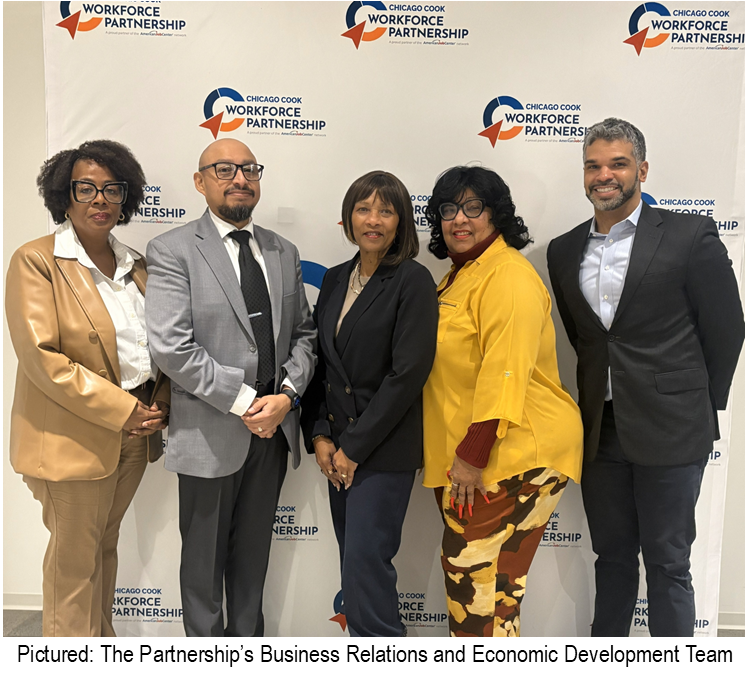Digital Literacy and the Evolving Workforce
In a time of often-divided perspectives, a consistent point of agreement is the true importance of digital literacy in empowering our modern workforce. Where digital skills once merely opened doors, continuous learning and engagement with technology now keep those doors open across industries and occupations. For those of us in workforce development, this presents both a real challenge and an incredible opportunity to champion innovation. We need to ensure our communities understand what future-proof skills are and help them gain what's needed for an evolving professional landscape that enables economic mobility.
We Have to Bridge the Digital Divide
According to the World Economic Forum’s 2025 Future of Jobs Report, "technology skills are projected to grow more quickly than any other skills in the next five years with AI and big data ranked first, followed by networks and cybersecurity and technological literacy." From advanced manufacturing, healthcare to finance, almost every sector now depends on those who are at a minimum digitally proficient.
As workforce development professionals, it can be difficult for us to navigate the future of work when we ourselves are grappling with the implications of AI and rapidly evolving technologies that are changing the ways we approach our work. We are also often serving communities who face the largest gap in building digital literacy skills due to a lack of broadband access and adequate hardware. How can someone jump into online training, work remotely, or even gain basic skills without reliable internet and a computer? This "digital divide" only makes existing inequalities worse, effectively excluding a good portion of our workforce from training and employment pathways that result in good paying jobs and career access.
Digital proficiency is a requirement for many sector-based training and education programs that provide workers with real skills and credentials that result in careers with long term economic sustainability. To address this gap, we need to continue to champion investments and programs that bridge the digital divide.
Learning How to Learn is a Digital Skill
At Per Scholas, all our training programs will include core AI content by next year, as we seek to arm our learners with the skills they need to thrive in an AI-driven economy regardless of industry. This training includes prompt engineering, understanding how to use AI ethically, and leveraging various AI tools to optimize one’s work. Importantly, our approach not only provides economic mobility through technology training but also equips our learners with the ultimate future-proof skill: continuous learning. As workforce professionals, we have to build a mindset for continuous learning and embed the understanding that today’s skills may not be relevant tomorrow.
The next major technological innovation, beyond AI, might be unknown today, but we can’t afford to be afraid of what’s next. Hesitation could inadvertently lock out communities from significant opportunities for economic mobility. I know striking this balance is hard but we have a responsibility to lead with informed optimism and we have the power to use our expertise and on-the-ground experience to call out when AI tools exacerbate inequitable access to quality education and good paying jobs.
Ultimately, the future of our workforce hinges on how quickly we embrace innovation and simultaneously confront the programmatic and infrastructure gaps in building digital literacy skills. Impactful national and local policy can either accelerate this work or severely impede our ability to prepare communities for a digital-first workforce. As we look forward, we must continue to champion comprehensive digital literacy initiatives and advocate for investments that provide equitable access to digital skills training.






